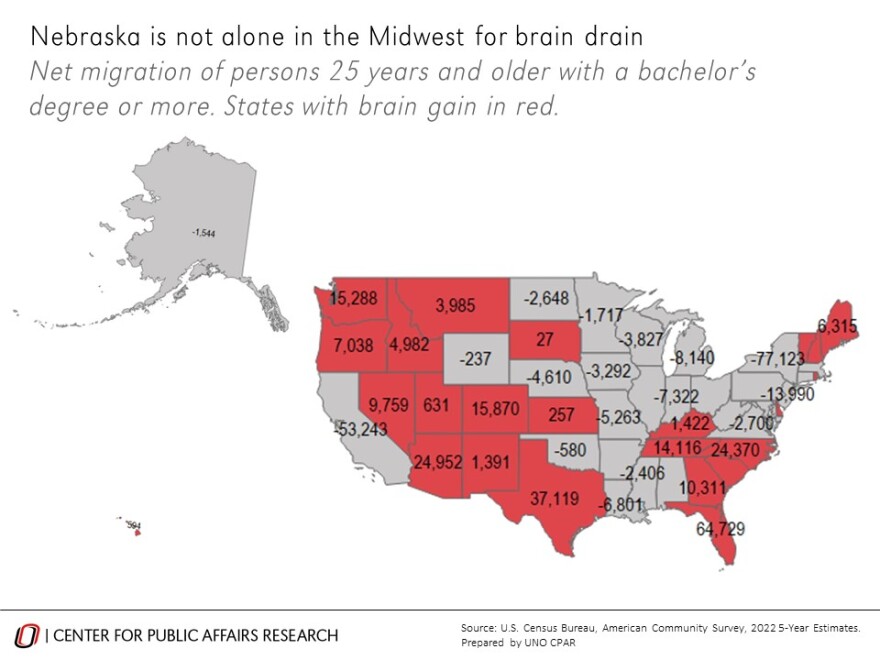Brain Drain USA: How Trump’s Immigration Policy is Causing Scientists to Leave America
The Impact of Trump Immigration Policies on U.S. Scientific Landscape
The United States, once the ultimate destination for aspiring scientists worldwide, is now witnessing a concerning shift. Due to the Trump immigration policy effects, many scientists are leaving America, contributing to a significant brain drain in the USA. This exodus is further exacerbated by reduced international research collaboration and substantial US research funding cuts.
For years, the U.S. was a beacon for global talent. However, this image is rapidly changing. Disheartened by stringent immigration policies and dwindling research funds, hundreds of Ph.D. candidates and researchers are opting out of relocating to the U.S. As Science Magazine reports, this reversal in talent flow is alarming.
Scientists Choosing New Destinations
Most importantly, the changes in visa restrictions and deportations of international students have left many aspiring researchers looking elsewhere. For instance, in Bangalore, India, a city renowned for its excellence in biological and technological sciences, only one out of 30 graduates secured a position in a U.S. laboratory. Others are now considering opportunities in Austria, Japan, and Australia. Remarkably, some are even staying in India, a decision that would have been unthinkable just a few years ago.
The Guardian highlights the broader implications of Trump’s immigration policy on foreign scientists, emphasizing the political climate’s adverse effects on U.S. research.
Decline in International Research Collaboration
Furthermore, Trump’s administration’s decisions to limit visas and reduce research funding have shocked the academic community. Institutions like Harvard have seen over $3 billion in grants canceled or frozen. Similarly, Johns Hopkins University had to lay off 2,000 employees following the loss of $800 million.
The consequences extend beyond prestige. Scientists like David Hogg, a Physics and Data Science professor at New York University, emphasize that American research heavily relies on international collaboration. Without these global partnerships, entire research fields are at risk. “My research becomes impossible without non-American scientists,” he asserts.
Europe and Asia Gain Momentum
In light of these developments, European countries such as Germany, Austria, and France are capitalizing on this new wave of scientific migration. Universities across Europe are expanding job opportunities for highly skilled researchers departing the U.S. Austria, for instance, is becoming an attractive destination for graduates from Bangalore.
As noted in Nature’s article, the challenges faced by international researchers in the U.S. due to immigration policies and funding cuts highlight the competitive global science landscape.
Conclusion
Therefore, the talent drain severely impacts the core of American innovation. As Professor Wim Leemans points out, the void left by the U.S. in fields like medical and climate research is tough for other countries to fill. “The absence of the USA from international collaboration brings global repercussions,” he warns.
The U.S. risks losing not just the brightest minds but also the respect it has built over decades. As a young cancer researcher from India succinctly puts it: “We always admired American science. It’s sad to see the hero stepping down from the pedestal.” 🌍✈️
For more insights into the implications of these policies, you can explore further through Science Magazine, The Guardian, and Nature.










